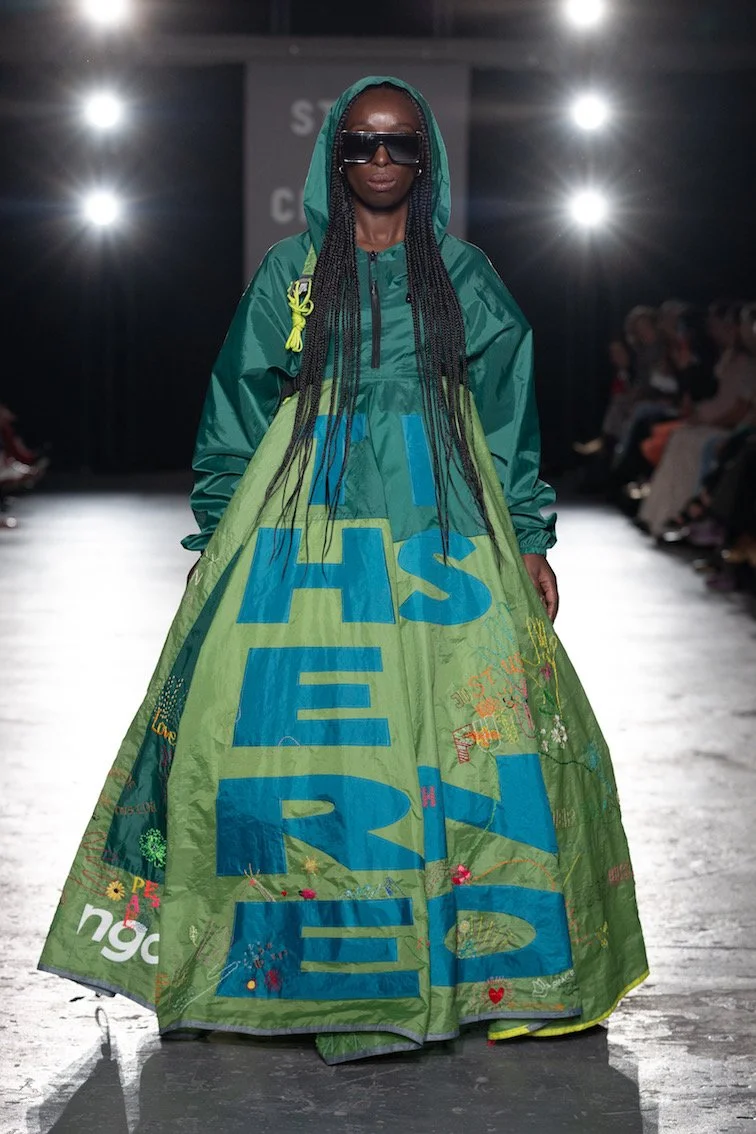What comes to mind when you hear the phase: power dressing? In the 1980s, it was big news in the corporate world - with woman in big-shouldered designer suits, showing the men who was boss. But using clothes to communicate your status goes back as far as fashion does. In Ancient Rome, it meant the right to wear purple. If you were a courtier at Versailles, it meant the finest brocades.
Today, you might think that if you can afford it, you can have it, but as Kim Kardashian proved at the Met Gala last week - it’s still complicated. There remain many circumstances when other people try to tell us what we can and can’t wear, and what is appropriate.
“There’s always been a way of using clothes as a powerful tool,” says this week’s guest, British costume designer Jessica Worrall. In her work costuming theatre and film productions, she uses clothes to signify what characters stand for and how they fit in to the storyline. Her latest project uses digital collage art to mash up Old Masters with high fashion runway. Have the power dynamics of fashion today changed since Elizabeth I of England’s sumptuary laws dictated how who wore what? You decide.















